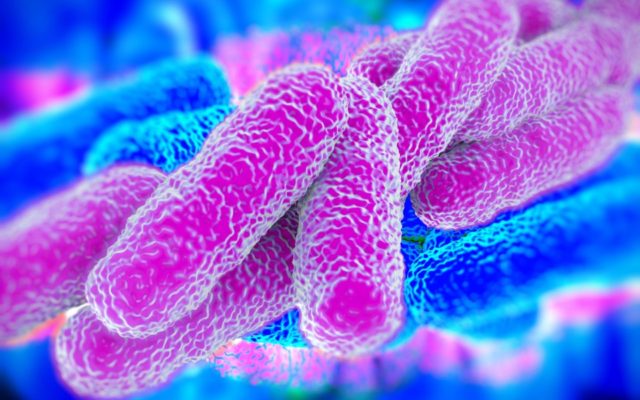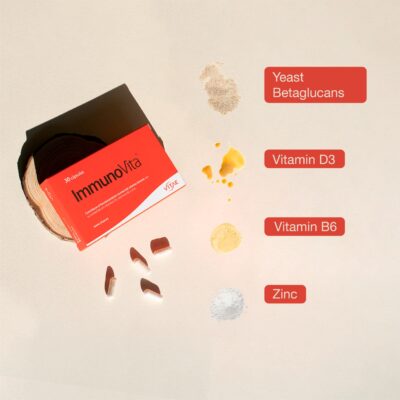Multiple microorganisms (bacteria, viruses, fungi…) inhabit the human body, forming our microbiome. This microbiome is critical to our health, and its diversity has been declining for decades due to our urban way of life, antibiotic use, and excessive hygiene. The Covid-19 pandemic could be fueling this decline. A group of researchers from the University of British Columbia and the Pasteur Institute in Paris explored this phenomenon in a scientific review earlier this year.
The Covid-19 pandemic may have a substantial and uneven effect across the world on the microbes on which humanity depends. Current pandemic control measures and practices, from physical distancing to intensive hygiene, can have long-term effects; they can potentially facilitate overall microbial loss and make it more difficult for people to replace this much-needed diversity that is being lost.
The virus can directly affect the microbiome, especially in the gut and respiratory tract. Additionally, patients suffering from severe cases of Covid-19 may be given high-dose antibiotics, which can further affect their microbiome.
Covid-19 does not only affect those infected with the virus. Measures to control the transmission of a pandemic affect society as a whole, albeit unevenly. For example, frequent hand washing and, in some cases, regular sanitation of public and private places with bleach or hydroalcoholic gel, are recommended measures to control transmission. Hygiene measures are crucial to control transmission, but can also affect the microbiome in a variety of ways. Lockdown measures, especially for those who decrease their physical activities and consume more unhealthy foods, may reduce microbial diversity, while for others, cooking at home and eating as a family has been linked to decreased consumption of processed foods and can positively affect the microbiome.
Lastly, social interactions, which contribute to the composition of the gut microbiome, have been limited to prevent the spread of the pandemic, with potential consequences for very young and elderly populations. These consequences can be especially pronounced in those societies where the elderly do not coexist with the younger generations.
The researchers also argue that the pandemic offers a unique opportunity to study the relationship between the microbiome, the SARS-CoV-2 virus, and social and economic conditions and changes. This knowledge may be key in the prevention, treatment and long-term biological and social consequences of this and future pandemics.
Reference:
Finlay B, Amato K et al. The hygiene hypothesis, the Covid pandemic and consequences for the human microbiome, PNAS, January 20, 2021.







